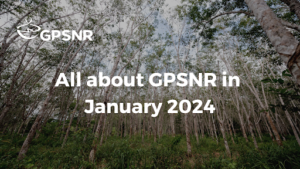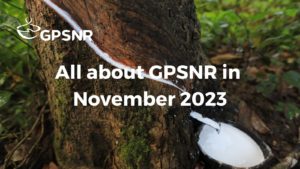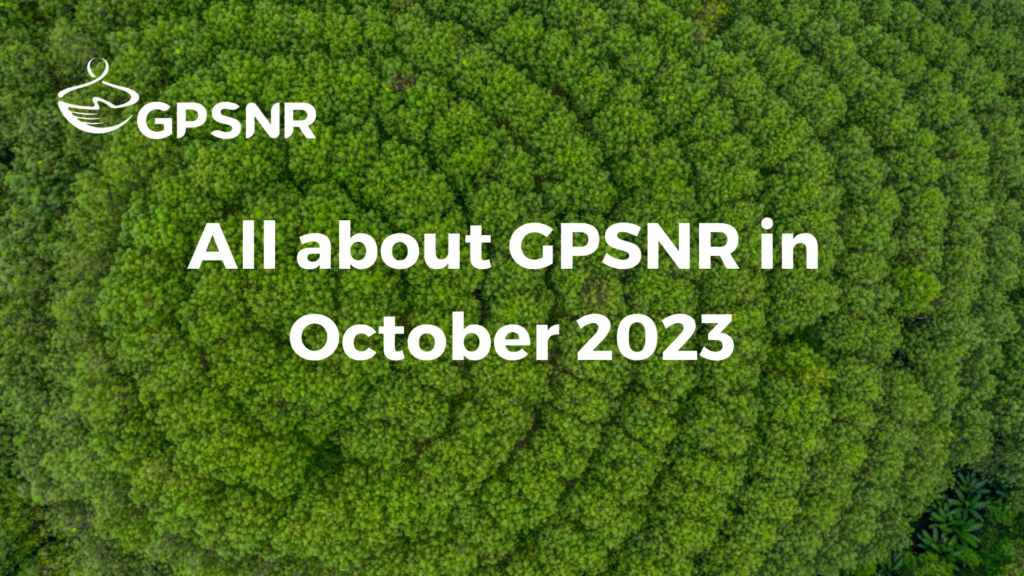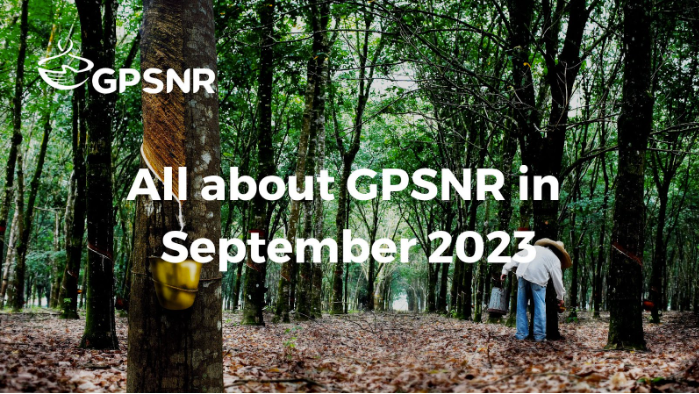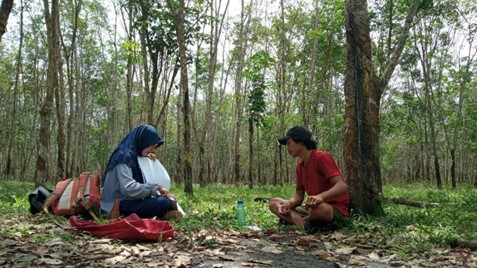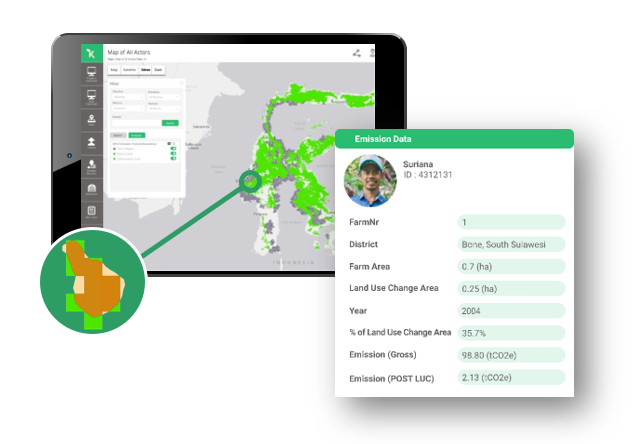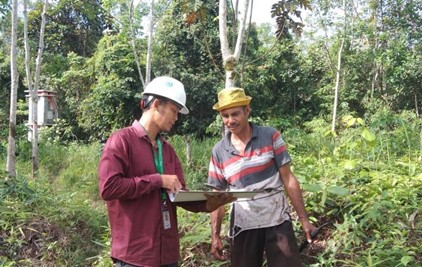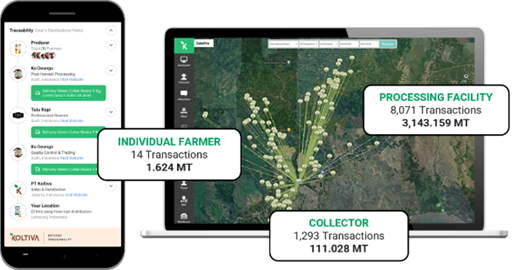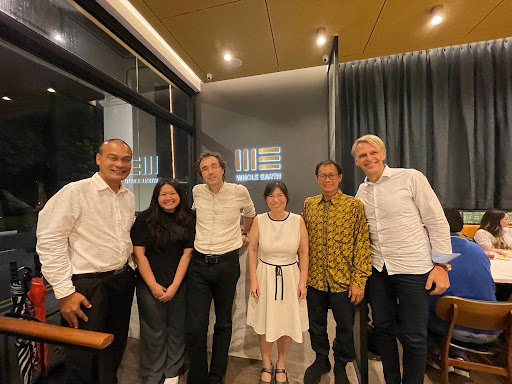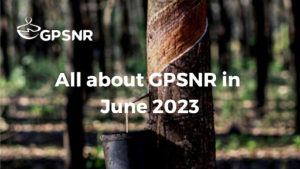
Strategy and Objectives Working Group:
Drafts of the proposed KPIs and Due Diligence System for the platform have been finalised and are now pending further discussions following the expected approval of the Members Journey Model at the 2023 General Assembly. These discussions aim to achieve document finalisation and alignment.
As for the Risk Subgroup Traceability Pilot Field Trials, both consortiums, Agridence and Koltiva, have submitted their final reports and signed off on these projects. They will be presenting the results of the Traceability Pilot Field Trials in an upcoming webinar session open to the public.
Simultaneously, the Risk Subgroup have been gathering and analysing user feedback for the initial version of the Risk Tool.
In the event that the Assurance Model resolution (5b) receives approval, the Assurance Model Task Force is poised to collaborate with ASI in developing GPSNR’s comprehensive Assurance Model. This endeavour will encompass alignment with existing normative documents, member consultation, and pilot testing. Ongoing discussions are currently underway to establish an operational plan and timeline for this initiative.
Furthermore, the Risk Subgroup has embarked on preliminary discussions exploring a potential collaboration with the Basel Institution to investigate corruption risks within the supply chain.
Lastly, the Risk Subgroup is currently awaiting alignment on normative documents by ASI before proceeding with further development of the Risk Tool. This step ensures that the tool complies with the requirements of the Assurance Model.
Smallholders Representation and Capacity Building (SCB) Working Group:
The SCB WG has efficiently organised both national and international calls with smallholder members in preparation for GA2023. To enhance comprehension among smallholder members, the GA Booklet has undergone translation in accessible languages.
In addition, the Thailand Agroforestry subgroup has conducted the first two rounds of coaching sessions for 100 smallholders in Songkhla. Similarly, the Thailand Good Agroforestry Practices (GAP) subgroup has initiated its activities with a kick-off meeting.
On the technological front, the Digital Knowledge Sharing Platform (KSP) task force has convened multiple times to review the developed features, with plans to address bugs and enhance the platform’s functionality. The HCSA-HCVN Field Trial report has received official endorsement.
Looking ahead, the SCB WG will continue to oversee all projects within its purview. The Indonesia subgroup is scheduled to present quarterly reports for all three projects on October 27, 2023. Additionally, a webinar is slated for November 30, 2023, to present the findings of the HCSA-HCVN field trial.
Regarding the Thailand GAP project, GPSNR is in the process of finalising an official joint letter with RAOT. Members interested in joining the Thailand GAP project, specifically in Chiang Rai and Bueng Kan provinces, are encouraged to contact the secretariat for further details.
The KSP task force has plans, including pilot training for smallholders in Indonesia and Thailand, along with soliciting feedback on the Rubber Wiki app.
Lastly, the Income Diversification and Rubber Agroforestry task force is organising its first agroforestry workshop of 2023, set to take place in Cote d’Ivoire at the end of October 2023.
Policy Toolbox Working Group:
The Policy Toolbox Working Group (WG) collected input on the reporting process, utilising surveys and stakeholder-specific meetings as part of the Year 1 reporting review process. This feedback played a critical role in shaping the disclosure requirements for Year 2 reporting data and will also be a central consideration in the forthcoming discussions concerning revisions to the Reporting Requirements (RR) matrix.
The WG, under the guidance of selected consultant Petra Westerlaan, submitted a proposal aimed at making the RR matrix more quantitatively oriented. This proposal is partially based on a crosswalk with other reporting frameworks like CDP Forest, GRI, and ZSL-SPOTT. The shift toward quantification is intended to simplify data aggregation and streamline the assessment of annual progress.
Additionally, Agridence has proposed the development of a digital platform and dashboard for the RR, with a focus on enhancing the process of reporting data collection and aggregation. This proposal received approval from the Executive Committee, and Agridence is slated to commence work in late October 2023.
The disclosure requirements for Year 2 reporting have been approved by WG1 and the Executive Committee, and they will be included as a Resolution for vote at the 2023 General Assembly.
Looking ahead, WG1 is preparing to revise the RR matrix based on Petra’s proposal for a more quantitative framework and in alignment with the Assurance Model. Once approved by the WG, the revised matrix will undergo circulation to the broader membership for consultation with the aim is to secure approval for the revised reporting requirements at an extraordinary General Assembly in early 2024.
Following the approval of the revised reporting requirements, the Policy Toolbox WG will proceed with the development of disclosure requirements for Year 3 reporting.
Shared Responsibility Working Group:
The Governance Framework and In-Kind Contribution components have been integrated into the Assurance Model framework, slated for voting at the 2023 General Assembly. This integration serves as a robust foundation for further discussion, particularly due to its close alignment with the KPIs.
Furthermore, the Governance Framework and In-Kind Contribution Requirements for the Shared Investment Mechanism have reached finalisation and are set for a vote at an extraordinary General Assembly in 2024.
The WG is developing a protocol in collaboration with the SCB WG. This protocol will be used to filter and evaluate proposals based on the Equity definition and stakeholder criteria as defined by the Executive Committee (EC).
Additionally, the Secretariat is in the process of creating operational guidance for the implementation of the Shared Investment Mechanism. This guidance will subsequently be shared with the Working Group.
Lastly, there is currently an open co-chair seat, and we are inviting volunteers to step forward.
